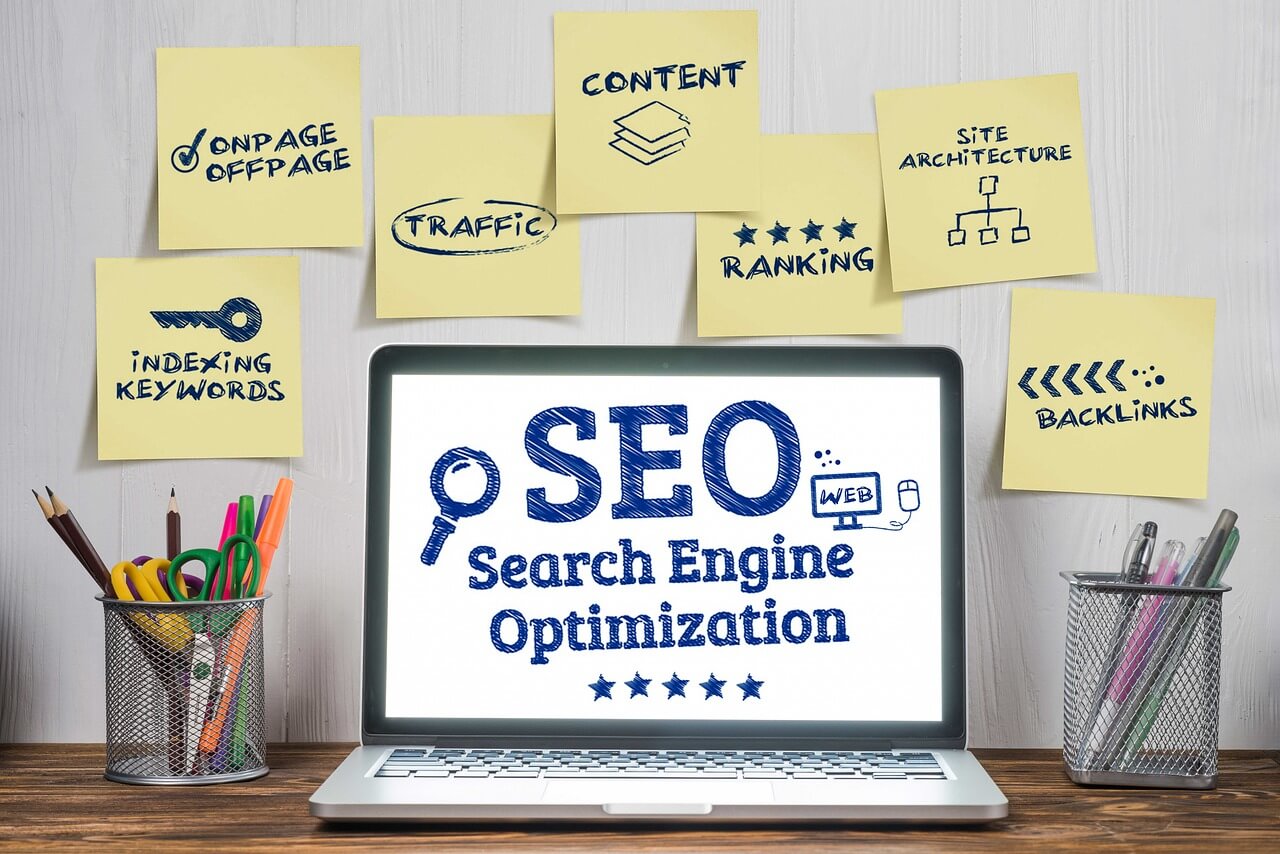Building SEO Reputation for Your Startup Website: A Complete Guide for 2025
In today’s digital landscape, having a strong online presence isn’t just an advantage – it’s a necessity for startup success. As someone who’s worked with numerous startups on their SEO journeys, I’ve seen firsthand how proper search engine optimization can transform a fledgling business into a competitive force. Let’s dive into how you can build a robust SEO reputation for your startup website.
Why SEO Should Be Your Startup’s Priority
If you’re running a startup, you’re likely juggling multiple priorities with limited resources. You might be wondering if SEO deserves a spot at the top of your to-do list. The answer is a resounding yes, and here’s why: SEO delivers an incredible 748% average return on investment. That’s not a typo – for every dollar you invest in SEO, you could potentially see more than seven dollars in return.
But it’s not just about the ROI. SEO provides a unique opportunity for startups to level the playing field against larger, more established competitors. While your bigger rivals might outspend you on paid advertising, solid SEO practices can help you capture valuable organic traffic and build lasting credibility with your target audience.
Crafting Your Core SEO Strategy
Setting the Foundation
Before diving into technical optimizations and link building, you need a clear roadmap. Start by asking yourself:
- What specific goals do you want to achieve through SEO?
- Who is your target audience, and what are they searching for?
- Which keywords and topics align with your business objectives?
Your SEO strategy should be deeply integrated with your overall business plan. For instance, if you’re launching a new product line in six months, your content strategy should begin building authority in that space well in advance.
Technical Optimization: The Building Blocks of Success
Think of technical SEO as the foundation of your house – if it’s not solid, everything built on top of it will be unstable. Here’s what you need to focus on:
Website Structure and Navigation
Your website should be as intuitive to navigate as a well-organized store. Create clear categories and subcategories that make sense to both users and search engines. For example, if you’re running an e-commerce startup, your structure might look like:
Homepage
├── Product Categories
│ ├── Category 1
│ ├── Category 2
│ └── Category 3
├── Blog
└── About Us
Each page should be reachable within three clicks from your homepage. This isn’t just good for SEO – it’s essential for user experience.
Building Authority in Your Niche
Authority building is where many startups fall short, but it’s where you can truly shine. Instead of chasing random backlinks, focus on becoming a genuine thought leader in your space:
- Create in-depth, original research that others will want to reference
- Develop relationships with industry journalists and bloggers
- Share your expertise through guest posts on respected industry websites
- Participate in podcast interviews and webinars
Remember, one high-quality backlink from a respected industry website is worth more than dozens of low-quality links.
Measuring Your SEO Success
Success in SEO isn’t just about rankings – it’s about impact on your business. Here’s how to measure it effectively:
Key Metrics to Track
- Organic Traffic Growth: Monitor month-over-month and year-over-year increases
- Conversion Rates: Track how many visitors become customers
- Engagement Metrics: Look at time on site, pages per session, and bounce rates
- Market Share of Voice: Compare your content’s visibility against competitors
Use tools like Google Analytics and Google Search Console to track these metrics, but don’t get lost in the data. Focus on trends and actionable insights.
Common SEO Mistakes That Could Sink Your Startup
Even small mistakes can have big consequences in SEO. Here are the most critical ones to avoid:
Technical Pitfalls
Slow loading speeds can kill your SEO efforts faster than any algorithm update. In fact, 53% of mobile users abandon sites that take longer than three seconds to load. Regularly test your site’s speed using tools like Google’s PageSpeed Insights and make optimization a priority.
Poor mobile responsiveness is another common issue. With mobile-first indexing now the norm, your site must provide an excellent mobile experience. Test your site on various devices and screen sizes regularly.
Content and Strategy Mistakes
- Creating content without purpose or strategy
- Ignoring user intent in keyword research
- Failing to update and refresh existing content
- Neglecting local SEO opportunities
Looking Ahead: Future-Proofing Your SEO
As we move through 2025, SEO continues to evolve. Stay ahead of the curve by:
- Optimizing for voice search
- Focusing on user experience signals
- Creating content that answers questions completely
- Building topical authority in your niche
Remember, SEO is a marathon, not a sprint. Focus on building a strong foundation and creating genuine value for your users. The rankings will follow.
By following these guidelines and avoiding common pitfalls, you’ll be well on your way to building a strong SEO reputation for your startup. Remember that consistency and patience are key – the best SEO results come from sustained effort over time.

